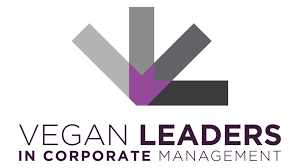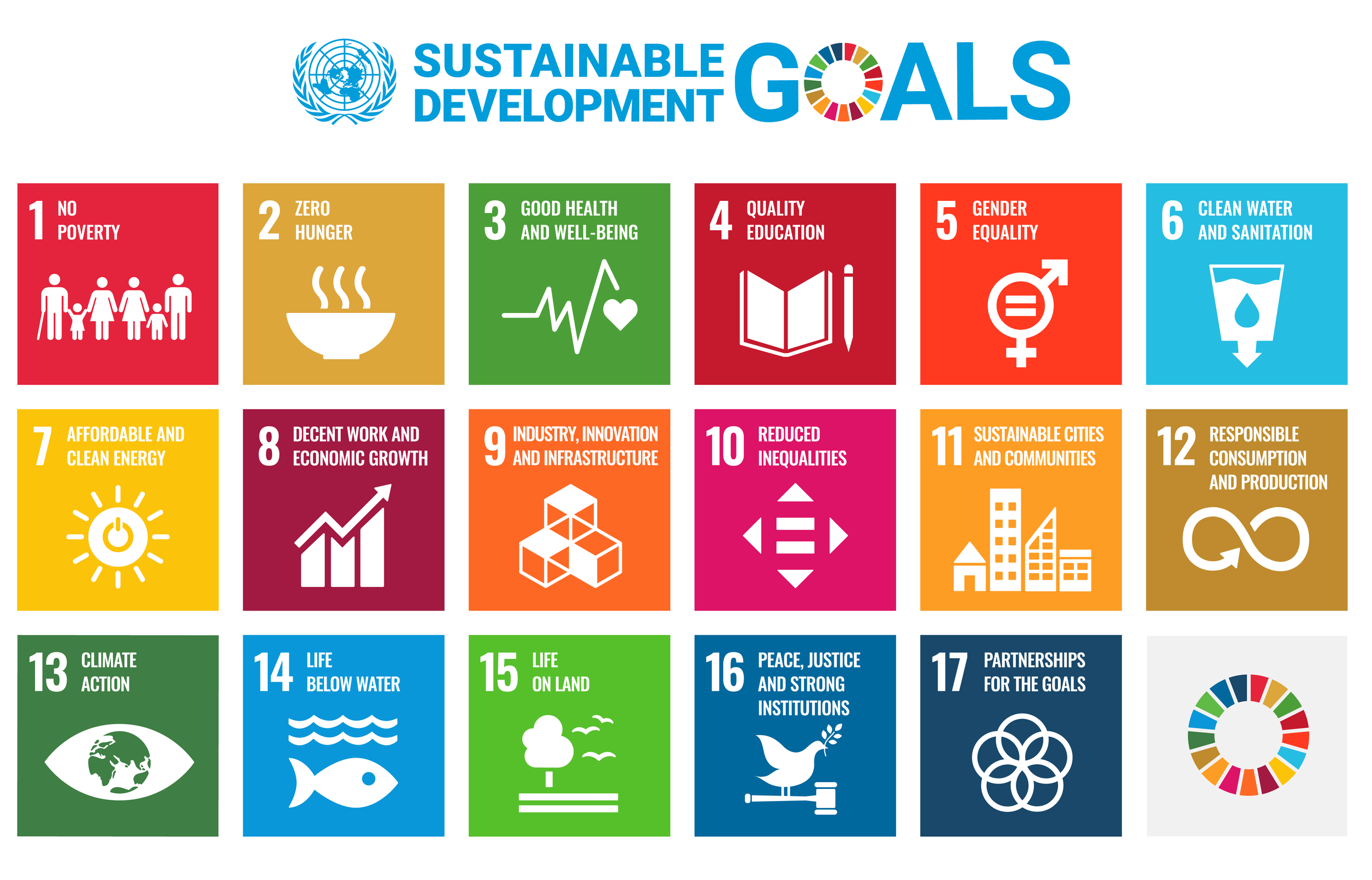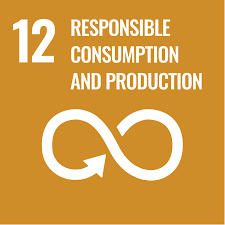Plant-Based Food Practices for World Environment Day: Advancing ESG Goals and the UN SDGs Through Sustainable Eating
Each year on June 5th, World Environment Day calls on individuals, organizations, and governments to take bold action for the planet. In 2025, as the climate crisis intensifies and biodiversity loss accelerates, the theme of sustainable living has never been more urgent. One of the most impactful yet underutilized strategies lies on our plates: embracing plant-based food practices.
This article explores how shifting toward plant-based diets is not only a powerful lever for environmental stewardship, but also a strategic alignment with corporate ESG goals and a direct support to four of the UN’s Sustainable Development Goals (SDGs).
From reducing emissions to promoting health and protecting ecosystems, plant-based choices offer a scalable solution for businesses committed to a greener, more resilient future.
SDG 3: Good health and well-being
A plant-based diet in the workplace reduces the risk of chronic diseases such as heart disease, diabetes, and certain cancers. According to the WHO, diets rich in fruits, vegetables, legumes, and whole grains are linked to lower premature mortality and better protection against noncommunicable diseases (NCDs).
A study by the Food & Function, Royal Society of Chemistry highlighted that healthy plant-based diets, especially those similar to the Mediterranean diet, are linked to improved mood and may help prevent cognitive decline.
Encouraging plant-based meals at work can improve employee well-being, reduce absenteeism, and enhance productivity.
Example Action: Introduce Meatless Monday or plant-based employee meal incentives.
SDG 12: Responsible consumption and production
Responsible Consumption and Production offers companies a practical pathway to strengthen operational efficiency and sustainability performance. Shifting toward plant-based meals not only reduces food waste and reliance on resource-intensive animal farming, but it also delivers clear ecological benefits. Ecologically, plant-based diets significantly lower greenhouse gas emissions, conserve water, and reduce deforestation associated with animal agriculture. Setting targets to increase the proportion of plant-based offerings can help realize this full array of benefits while also enhancing ESG reporting and demonstrating leadership in responsible consumption.
Example Action: Shift from animal-heavy buffets to plant-forward menus with upcycled ingredients.
SDG 13: Climate action
Animal agriculture is a significant contributor to climate change, accounting for an estimated 12% to 19.6% of global greenhouse gas emissions, depending on the methodology and scope of emissions considered. Adopting plant-based food practices offers companies a tangible strategy to reduce their climate footprint and align with global climate goals.
Transitioning to plant-based meals directly cuts greenhouse gas emissions by lowering demand for livestock farming, a major contributor to methane and nitrous oxide emissions. This shift also reduces energy use and land degradation, helping to preserve carbon sinks like forests and grasslands.
Example Action: Swap beef with tempeh or mushrooms to cut dish emissions by up to 90%.
SDG 15: Life on land
Animal agriculture is a major driver of deforestation, habitat loss, and biodiversity decline. Meat and dairy provide just 18% of calories and 37% of protein, yet use 83% of farmland.
Shifting to plant-based diets can significantly reduce land degradation and promote sustainable land use. This transition also lowers greenhouse gas emissions and water usage, helping preserve ecosystems and wildlife. Workplaces that promote plant-based meals contribute to more sustainable food systems and help preserve ecosystems for future generations.
Example Action: Prioritize suppliers using regenerative or plant-based agriculture.
Embracing plant-based food practices is more than a dietary shift, it’s a strategic move that supports global sustainability goals, enhances employee well-being, and strengthens your company’s ESG performance. Whether you're just beginning or looking to deepen your impact, VLCM can help you take the next step. If you want support from VLCM or are interested in connecting with other vegans in your company, sector, or location, get in touch with us and be part of a growing movement for a healthier planet and workplace.
Evaluate food emissions for smarter procurement
Businesses can assess the environmental impact of their food procurement using the My Emissions Food Carbon Footprint Calculator. This tool quantifies greenhouse gas emissions by food type and serving size, making it easy to evaluate and scale sustainable choices across menus or supply chains, supporting corporate sustainability goals with actionable data.
Here are five companies embracing plant-based strategies to advance the SDGs:
Alpro (Belgium)
Alpro is a certified B Corporation and a pioneer in plant-based food solutions. For over 40 years, Alpro has promoted sustainable living and healthier eating by focusing exclusively on plant-based products. Its practices align with SDG 12 by encouraging responsible consumption patterns and reducing the environmental footprint associated with food production. (Source: B Lab Europe)
Huel (United Kingdom)
Huel, a certified B Corporation, offers nutritionally complete, plant-based meals designed for low environmental impact. The company emphasizes sustainability by using ingredients that minimize carbon emissions and resource use. Huel’s plant-based approach directly supports SDG 12 and promotes climate-conscious eating habits. (Source: B Corporation Directory)
Compass Group (Switzerland)
Compass Group is not currently a B Corp or EcoVadis certified but has strong sustainability initiatives aligned with the SDGs. Through programs like “Balanced Choice,” it increases plant-based menu options in corporate cafeterias to cut food waste and lower greenhouse gas emissions, addressing SDG 12 and SDG 13. (Source: Compass Group Switzerland)
Purple Carrot (United States)
Purple Carrot is not a B Corp but fully dedicates its business model to sustainable, 100% plant-based meal kits. Each kit reportedly produces 72% fewer carbon emissions compared to standard meals, advancing climate action goals under SDG 13. Purple Carrot’s commitment positions it strongly within the sustainability and plant-based movement. (Source: Wikipedia)
ProVeg International (Global)
ProVeg International is a nonprofit organization rather than a B Corp or EcoVadis-certified entity. However, it is globally recognized for advancing plant-based diets to cut environmental impacts. Through programs like “Climate-Efficient School Kitchens,” ProVeg promotes responsible consumption (SDG 12) and climate mitigation (SDG 13). (Source: Wikipedia)






